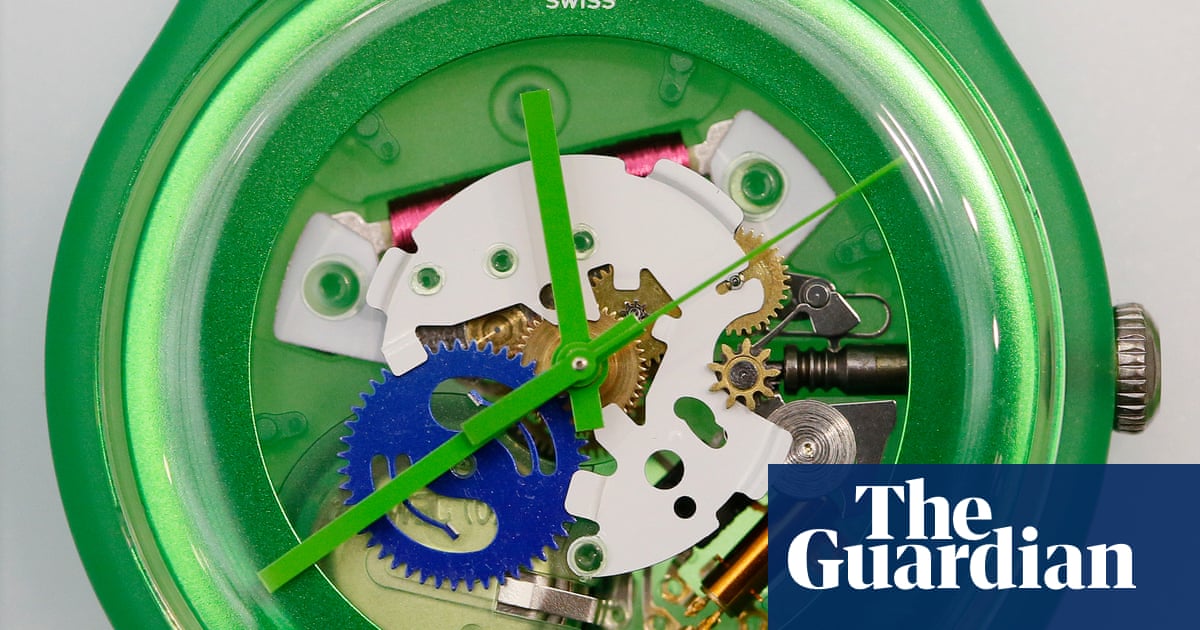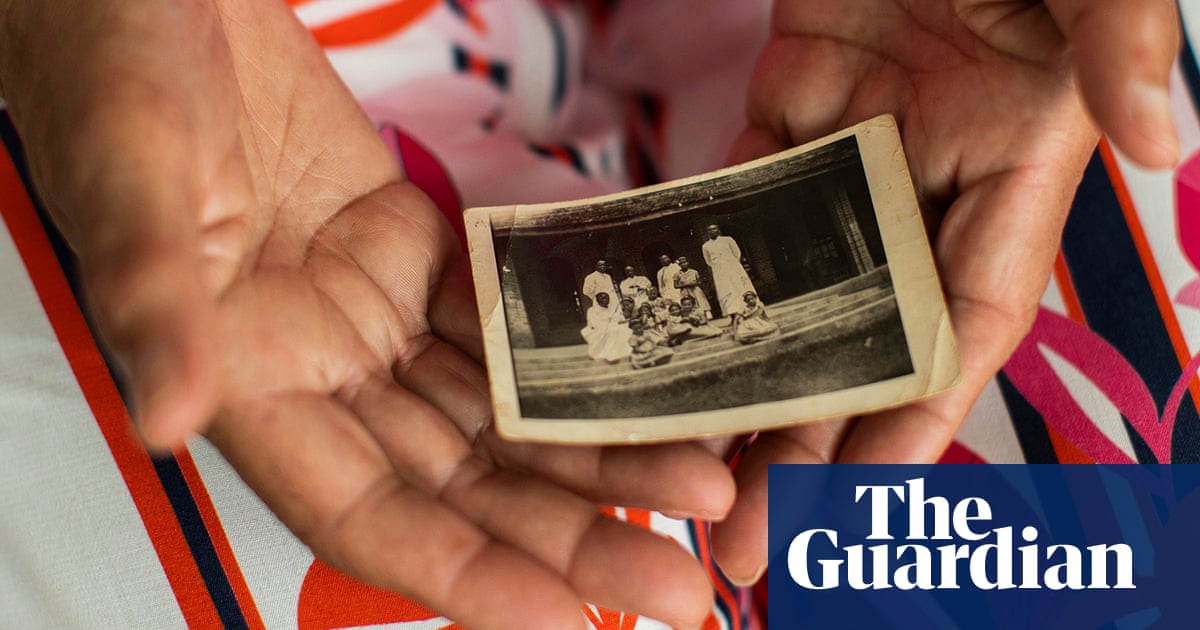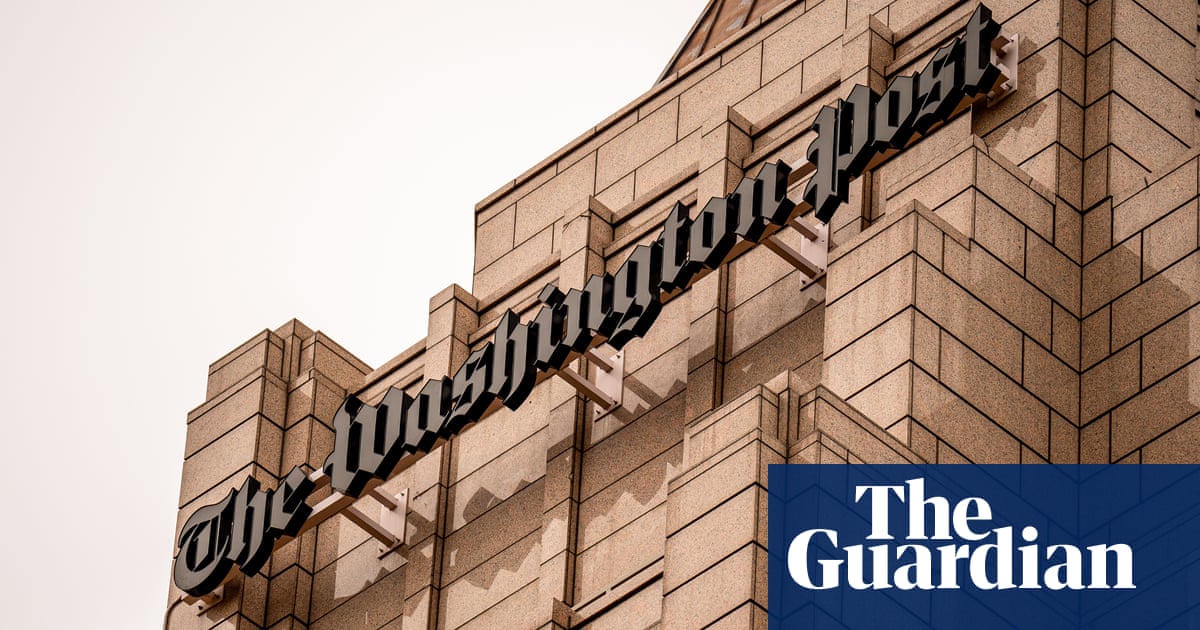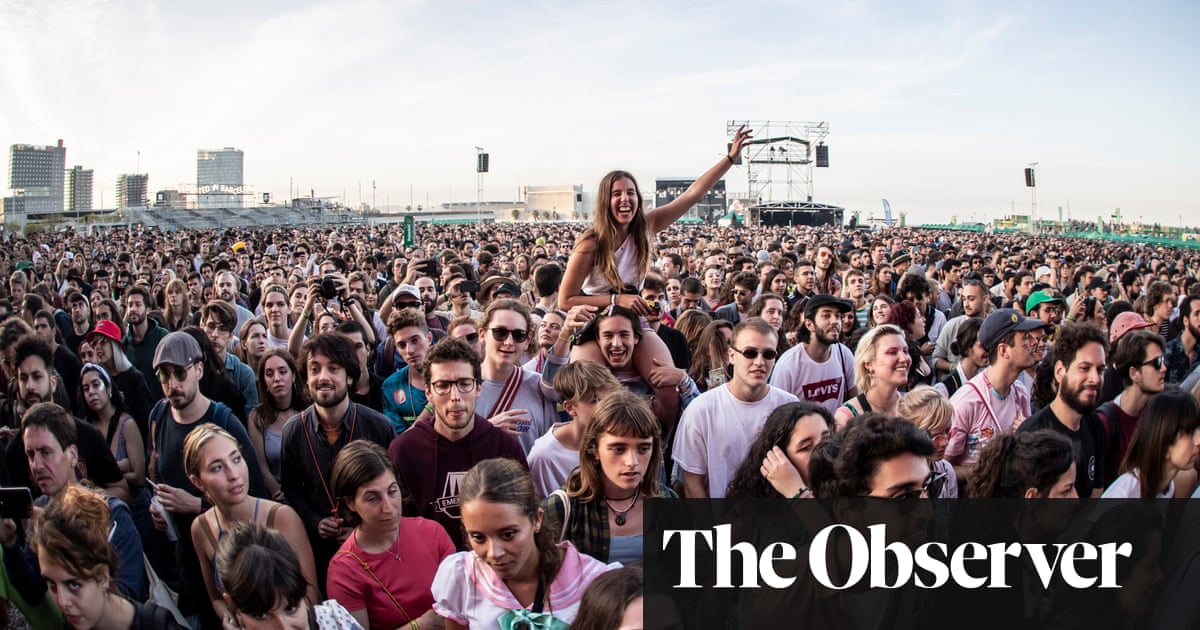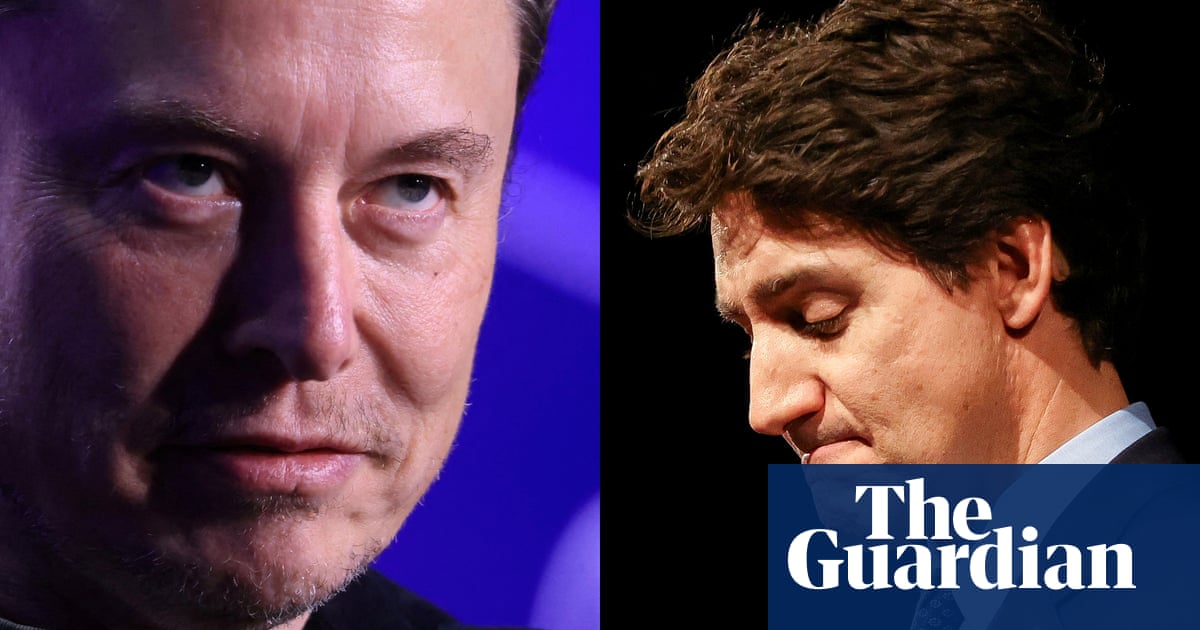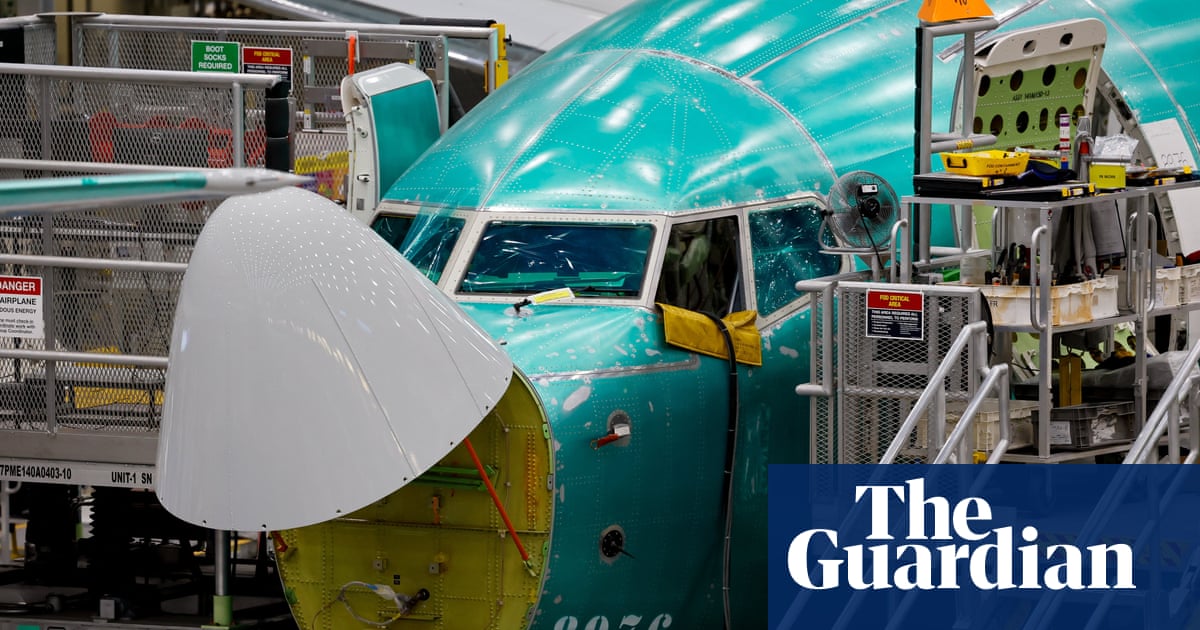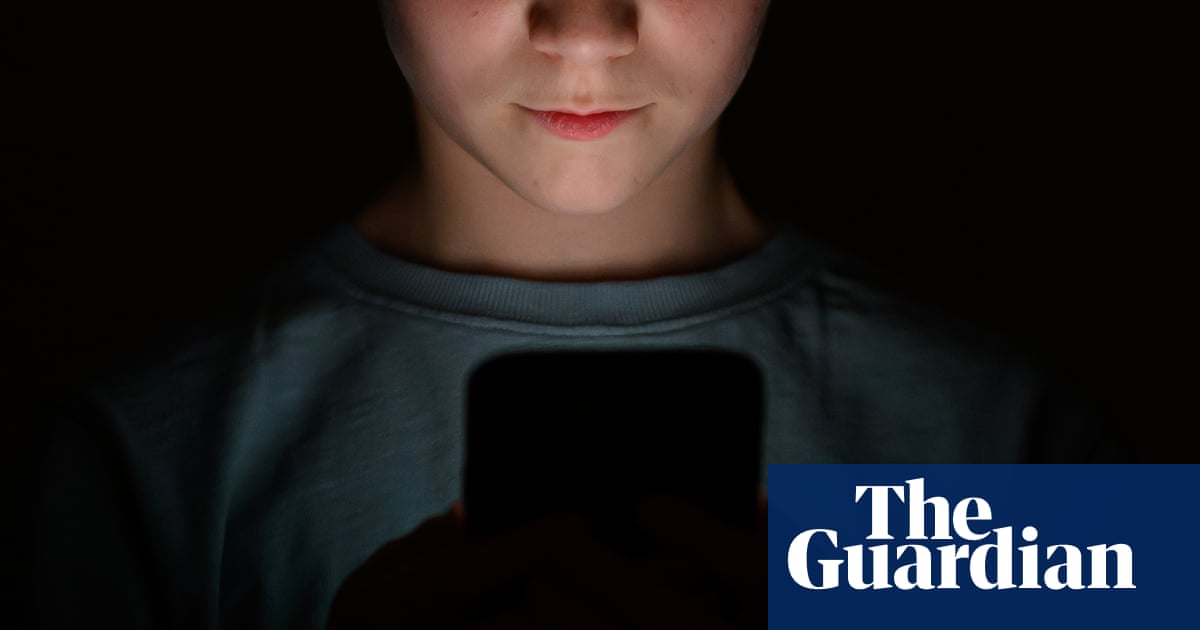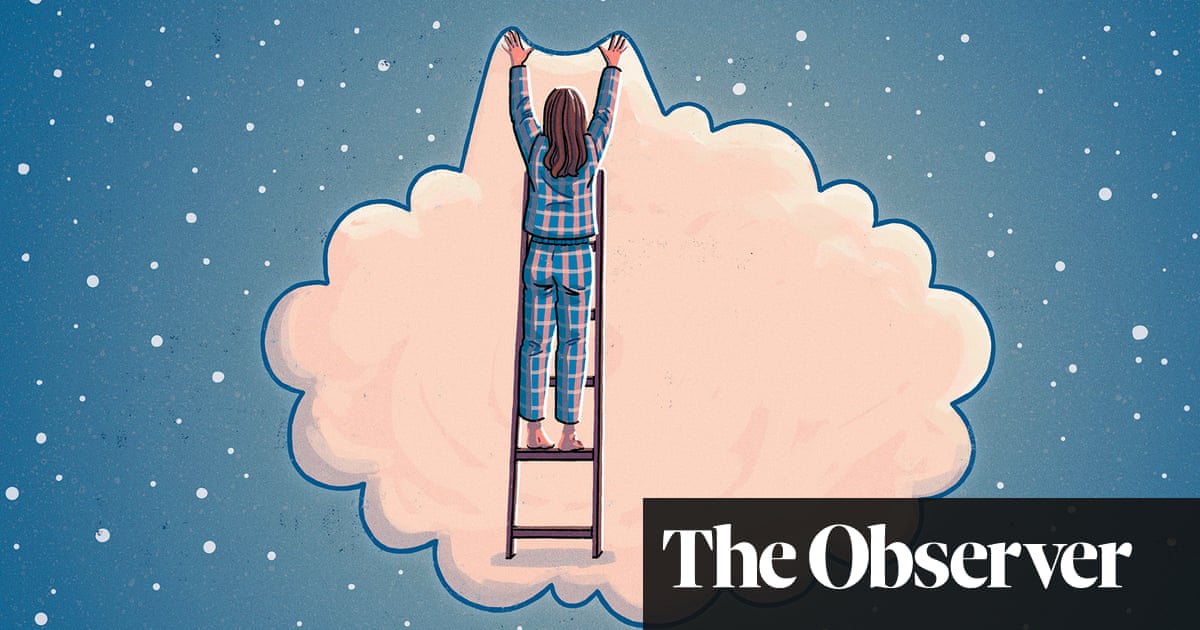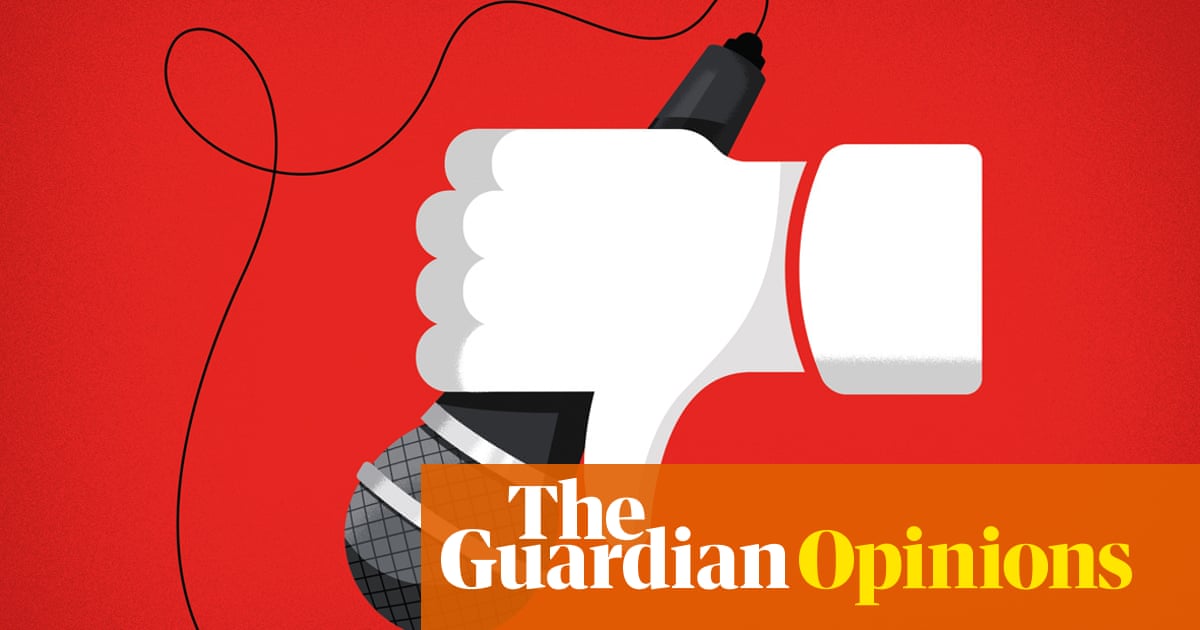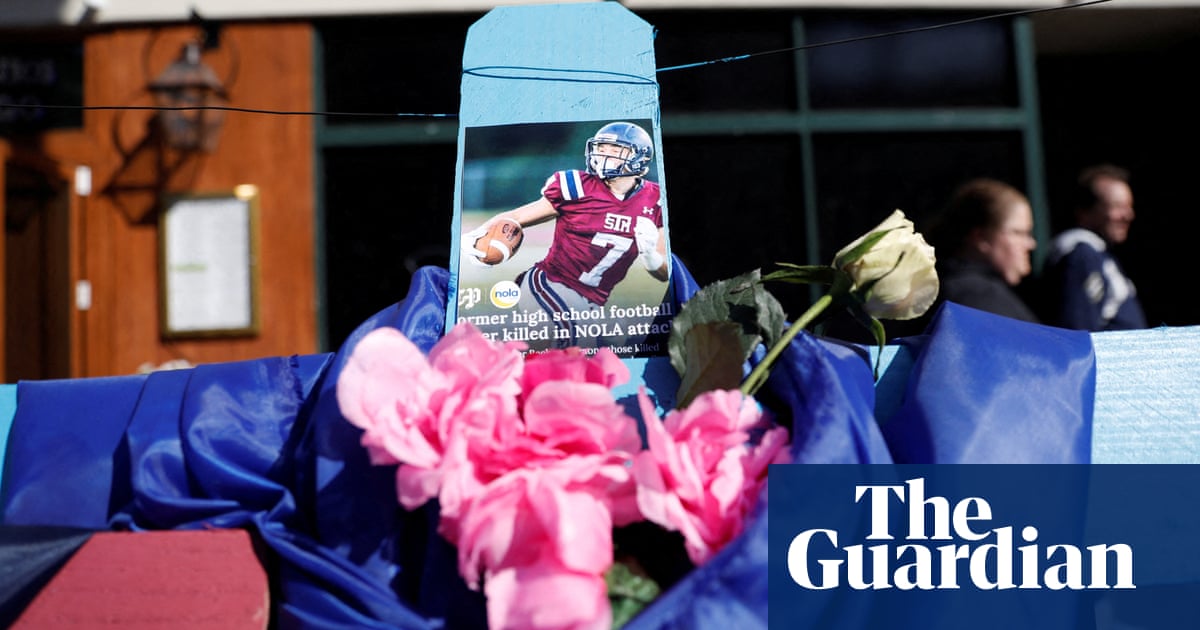Before Edoardo Bove fell, it had seemed as though a disallowed goal was the most important thing in the world. Fiorentina and Inter were waiting for a VAR check to confirm whether the ball really had gone out as Denzel Dumfries set up Lautaro Martínez to score in the 17th minute of their top-four clash. Players and coaches voiced their disagreement in the usual theatrical terms.
And then, it did not matter at all. Bove had not involved himself in the discussion, waiting in the far half of the pitch. He dropped to a knee for a moment, presumed to be tying a shoelace, but in fact using his hands to steady himself on the turf. After standing back up, he took a handful of steps then collapsed beside Hakan Calhanoglu.
A football match became an afterthought. Dumfries, the first to see what had happened, turned to the dugouts and cried for assistance. Perhaps it was his tone, or some other cue, but recognition of the urgency of the situation spread immediately. Players and staff ran in all directions: towards Bove, towards the ambulance, towards officials, towards each other. Simone Inzaghi, the Inter manager, lost his feet sprinting to help.
Opponents who had quarrelled moments earlier now stood with arms around each other’s shoulders, shielding Bove from view. The only yelling inside the Stadio Artemio Franchi was from a group of players who could not understand why the ambulance had not entered the pitch.
The medical team was following protocol, leaving the vehicle in place while its crew rushed to tend to the player. Bove was swiftly placed on a stretcher and taken to the ambulance. He had suffered a cardiac arrest, and it has been widely reported that a defibrillator was used to restart his heart.
Better news has followed. Bove was taken to the Careggi University Hospital, and a statement released by Fiorentina on Sunday evening said he “was treated on the pitch following a loss of consciousness during the Fiorentina v Inter match [and] is currently under sedation and is hospitalised in intensive care.
“The Viola player arrived at the emergency department in stable hemodynamic conditions and initial cardiological and neurological tests have ruled out acute damage to the central nervous system and the cardio-respiratory system. Bove will be re-evaluated in the next 24 hrs.”
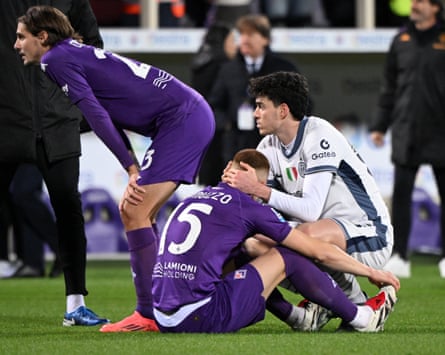
On Monday morning, Matteo Dovellini, journalist for the newspaper la Repubblica, reported that Bove had been extubated. “He is lucid and responding to questions,” wrote Dovellini. “There is no cerebral or cardiac damage.”
The match was suspended by referee Daniele Doveri as the ambulance departed. A decision was taken soon afterward that it would not resume on Sunday evening. It was hard to imagine any other outcome. Players from both teams were visibly distraught. Supporters stayed in the stands awaiting an announcement, but the only concern was for Bove’s wellbeing.
The cardiac arrest suffered by Christian Eriksen while playing for Denmark at the European Championship in 2021 has heightened awareness of such incidents, though Italian football has witnessed others. In 2012, Piermario Morosini died of the same cause while playing for Livorno against Pescara in Serie B.
Six years later, Fiorentina’s captain, Davide Astori, died after a cardiac arrest in his hotel room before a game at Udinese. The club honoured his memory, as they always do, by reading his name out after the starting XI on Sunday. Fans continued their tradition of applauding for him in the 13th minute, the number he wore on his shirt.
Serie A results
ShowLecce 1-1 Juventus, Parma 3-1 Lazio, Torino 0-1 Napoli, Udinese 0-2 Genoa, Bologna 3-0 Venezia, Milan 3-0 Empoli, Como 1-1 Monza, Cagliari 1-0 Verona.
Monday: Roma v Atalanta.
Fiorentina have known too much tragedy in the last few years. In March, their chief executive Joe Barone also died following a cardiac arrest at the team’s hotel before a game at Atalanta.
Fans from the Stadio Artemio Franchi’s Curva Fiesole left a banner outside Bove’s hospital on Sunday night with the message “Florence is with you!” Relief at his ongoing recovery will be felt across the city and far beyond, though it is too early to know what the prognosis will be for any eventual return to the pitch.
Only 22, Bove had looked set to make this a breakout season. A lifelong Roma fan and graduate of their academy, the midfielder made 45 appearances for the Giallorossi last season but was deemed expendable this summer as the club spent close to €100m rebuilding the first-team squad to fit the vision of new technical director Florent Ghisolfi.
after newsletter promotion
Bove moved on deadline day, Fiorentina agreeing to a year’s loan with an obligation to make the deal permanent if certain performance criteria were met. Bove described his decision to join the Viola as “a choice made by the heart, because it was born from seeing the project that the directors proposed to me and the warmth I felt when I met them.
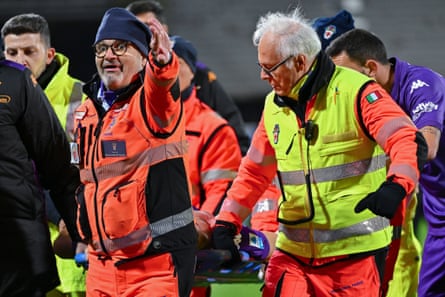
“The people of Florence also made me feel at home right away. Which is no secondary consideration for someone like me who is leaving Rome for the first time.”
Bove quickly became a fixture in the starting XI – lining up variously in the middle or on the left – making himself integral to a team that has performed far above expectations under new manager Raffaele Palladino. Although yet to achieve his stated ambition of breaking into the senior Italy squad, that objective appeared close after strong performances for the Under-21s.
Perhaps that future still lies ahead, though it is impossible to say with any certainty. Eriksen was able to resume playing after being fitted with an implantable cardioverter defibrillator, although not in Italy, where playing with such a device is prohibited.
Whatever the prognosis, Bove will have options. After achieving the highest possible score on his school-leaving tests, he enrolled on an economics and management course at the Luiss Guido Carli University, studying part-time.
“I’m privileged,” he told Corriere dello Sport in September. “I know that, but university for me is about looking ahead to the future. My football career will not go on forever and I want to be prepared for what comes after.”
The hope must be that this is still a distant thought, and that Bove will pursue his sporting dreams fully before moving on to the next adventure. For now, the greatest news is simply that these are questions we still have time to ask.

.png) 1 month ago
12
1 month ago
12



